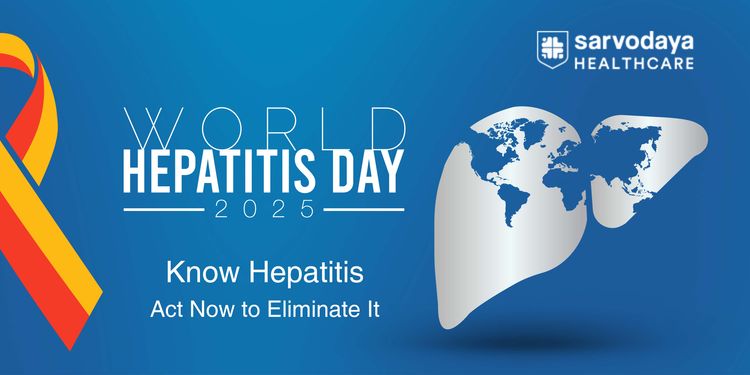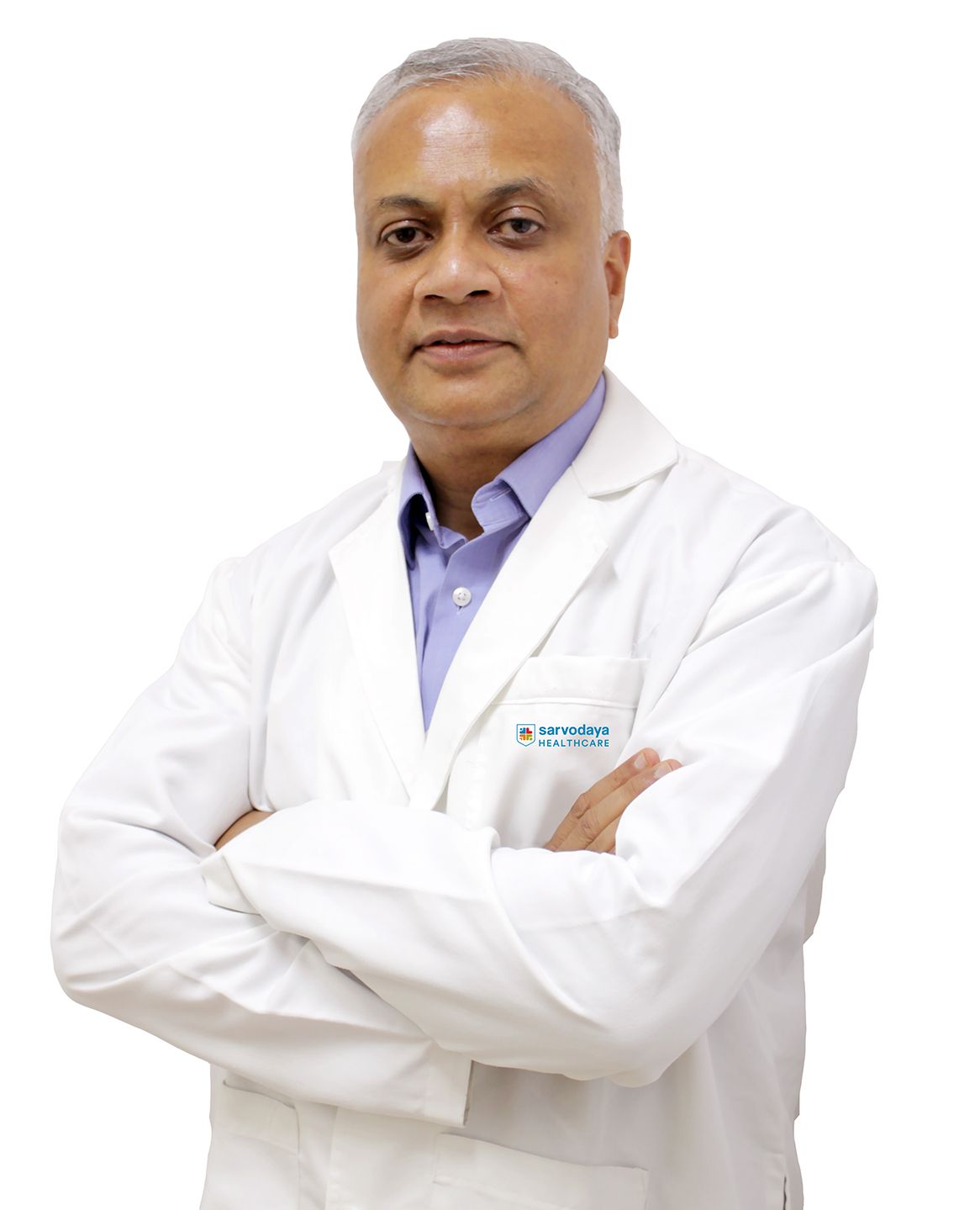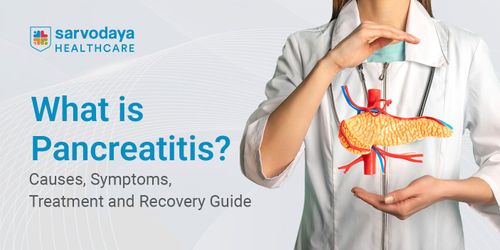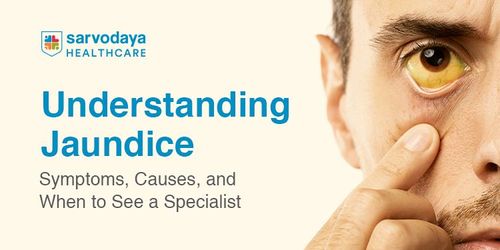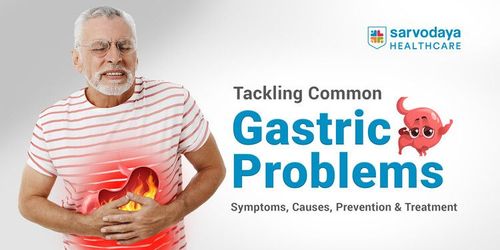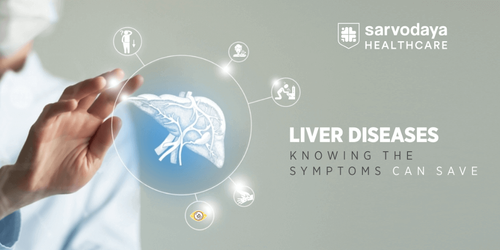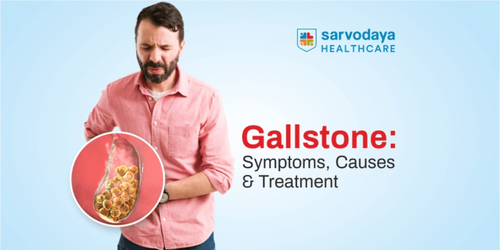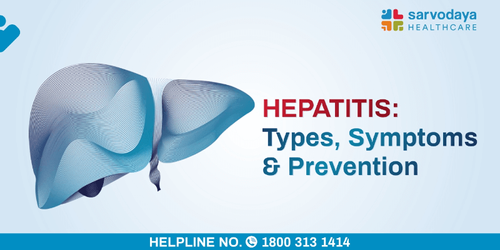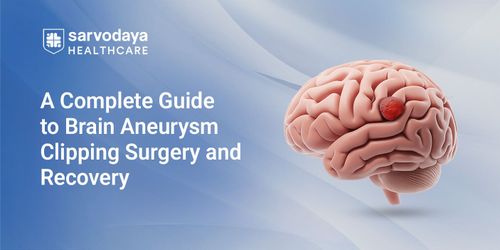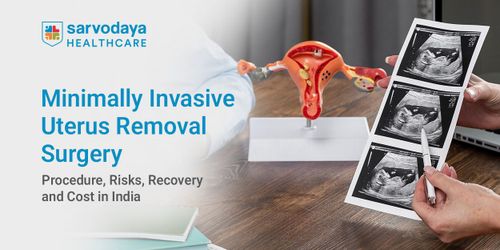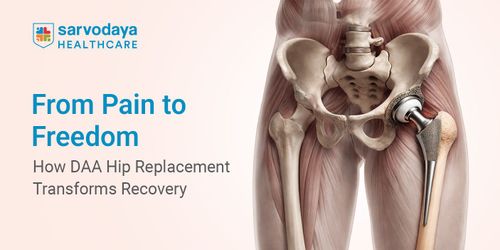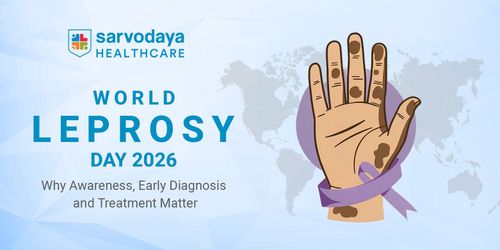World Hepatitis Day 2025, a significant day for the hepatitis awareness campaign, is observed annually on 28 July to raise awareness about hepatitis. Hepatitis remains a significant public health issue, with millions of people being infected all over the world. It is preventable and treatable, but most of them are undiagnosed or untreated, resulting in severe complications like liver failure and liver cancer.
In this blog, we will learn what exactly hepatitis is, how it may affect your health, and why the topic of World Hepatitis Day 2025, ‘Know Hepatitis, Act Now to Eliminate It’, is an urgent need today.
Understanding Hepatitis
Hepatitis is a widespread disease leading to inflammation of the liver. This inflammation interferes with the normal functioning of the liver and, with time, may cause chronic health problems.
These are the major causes of hepatitis:
- Viral Infections: Viral hepatitis is most commonly caused by types A, B, C, D, and E.
- Alcohol Abuse: Alcohol abuse may destroy liver cells and cause alcoholic hepatitis.
- Toxins and Drugs: Abuse or misuse of drugs like paracetamol can cause inflammation of the liver.
- Autoimmune Disorders: Rarely, a person’s immune system attacks the liver, leading to autoimmune hepatitis.
- Polluted Food or Water: Ingesting polluted food or water, especially in areas of poor sanitation, can lead to hepatitis A and E.
Types of Hepatitis and Their Differences
There are five major types of viral hepatitis, each one caused by a different virus and having different transmission, severity, and treatment options.
Here is a guide to help you distinguish between them:
Hepatitis A:
- Majorly caused by the consumption of contaminated food or water.
- Hepatitis A is not a chronic condition and does not lead to liver disease.
- Vaccines to prevent it are available.
Hepatitis B:
- Spread through sexual contact, or by blood from mother to child.
- It might turn chronic and cause liver cirrhosis or liver cancer.
- Vaccination is easily accessible.
Hepatitis C:
- Transmitted primarily by blood-to-blood transmission (e.g., by shared needles).
- It is usually undetected until liver damage occurs.
- There is no vaccine, but it can be treated using antiviral drugs.
Hepatitis D:
- Happens to patients of Hepatitis B.
- May lead to serious complications.
- The hepatitis B vaccine is effective against hepatitis D as well.
Hepatitis E:
- It is also transmitted through contaminated water, like hepatitis A.
- Self-limiting, mostly, but may be severe in pregnant females.
- In certain areas, vaccines are available.
By knowing about the different types of hepatitis (A, B, C, D, E), people can take precautions that make them less prone to the disease and help preserve their liver.
Symptoms and Complications
Hepatitis often goes undetected until it turns serious, as its symptoms are usually gradual or do not manifest themselves in the initial phases. The development of symptoms also depends upon the type and severity of infection.
The following are the most typical symptoms of hepatitis to remember:
- Weakness and general fatigue
- Vomit and nausea
- Appetite loss
- Pain in the abdomen, which is close to the liver (right upper quadrant)
- Black urine and yellow stools
- Jaundice (skin and eyes turn yellow)
- Fever and body pains (particularly Hepatitis A or E)
If hepatitis is left untreated, it may lead to:
- Scarring of the liver (liver fibrosis)
- Liver cirrhosis (extreme scarring and diminished liver functioning)
- Liver failure
- Cancer of the liver (hepatocellular carcinoma)
Global and National Efforts to Eliminate Hepatitis
Governments, non-profit organisations, healthcare providers and research institutions are supporting global efforts to eliminate hepatitis. As WHO strives to end viral hepatitis as a public health issue by 2030, hepatitis awareness campaigns are being undertaken on a continental scale to ensure access to diagnosis, treatment and prevention.
The main highlights of the global attempts to eradicate hepatitis include:
- Global Health Sector Strategy of WHO: It is aimed at cutting new hepatitis infections by 90 per cent and deaths by 65 per cent by 2030.
- Universal Health Coverage: There has been an effort to incorporate hepatitis services within primary healthcare in many countries in order to increase access.
- Public Awareness Campaigns: World Hepatitis Day and national campaigns are organised to educate on how to prevent hepatitis infection and to decrease stigma around the disease.
- Affordable Medicines: The cost of hepatitis C treatment has been reduced in most of the low- and middle-income countries with global funding and negotiations.
- Surveillance and Screening: Focus on data collection progress has increased to track the progress and to discover areas in dire need of interventions.
Where to Seek Help: Diagnosis, Treatment and Support
If you or your loved ones develop symptoms, it becomes critical to undergo testing and see a specialist.
Here is how the leading hospital in Faridabad can help:
- Quality Testing Laboratories: The availability of sophisticated diagnostic devices makes it possible to determine the type and stage of hepatitis accurately on time.
- Individualised Treatment Plans: Experts provide custom treatment plans for the patient.
- Vaccination Services: On-site immunisations are organised for patients and families for Hepatitis A and B.
- Counselling and Lifestyle Guidance: Patients are provided with nutritional advice and counselling on the prevention of infections.
- Inpatient and Outpatient Services: Both inpatient and outpatient services, and complex liver disease management are available under one roof.
Conclusion
The theme of World Hepatitis Day 2025, that is, ‘Know Hepatitis Act Now to Eliminate It’, is a reminder that the first step towards prevention and healing is awareness. This is a disease that we can prevent by educating ourselves on how to prevent hepatitis infection and protecting ourselves and our communities against this disease.
At Sarvodaya Hospital, Faridabad, specialist hepatologists and liver care experts provide a complete range of tests, precise diagnosis, and individual treatment plans for each patient. Sarvodaya Hospital, Faridabad, is considered a premium hepatitis hospital in Faridabad for its use of modern technology, immunisation programmes and compassionate care provided. Preventive consultation can not only help in early detection but also ensure the long-term health of the liver with the aid of professional advice and regular check-ups.
Book an appointment today to consult competent hepatologists for prevention and treatment options.


